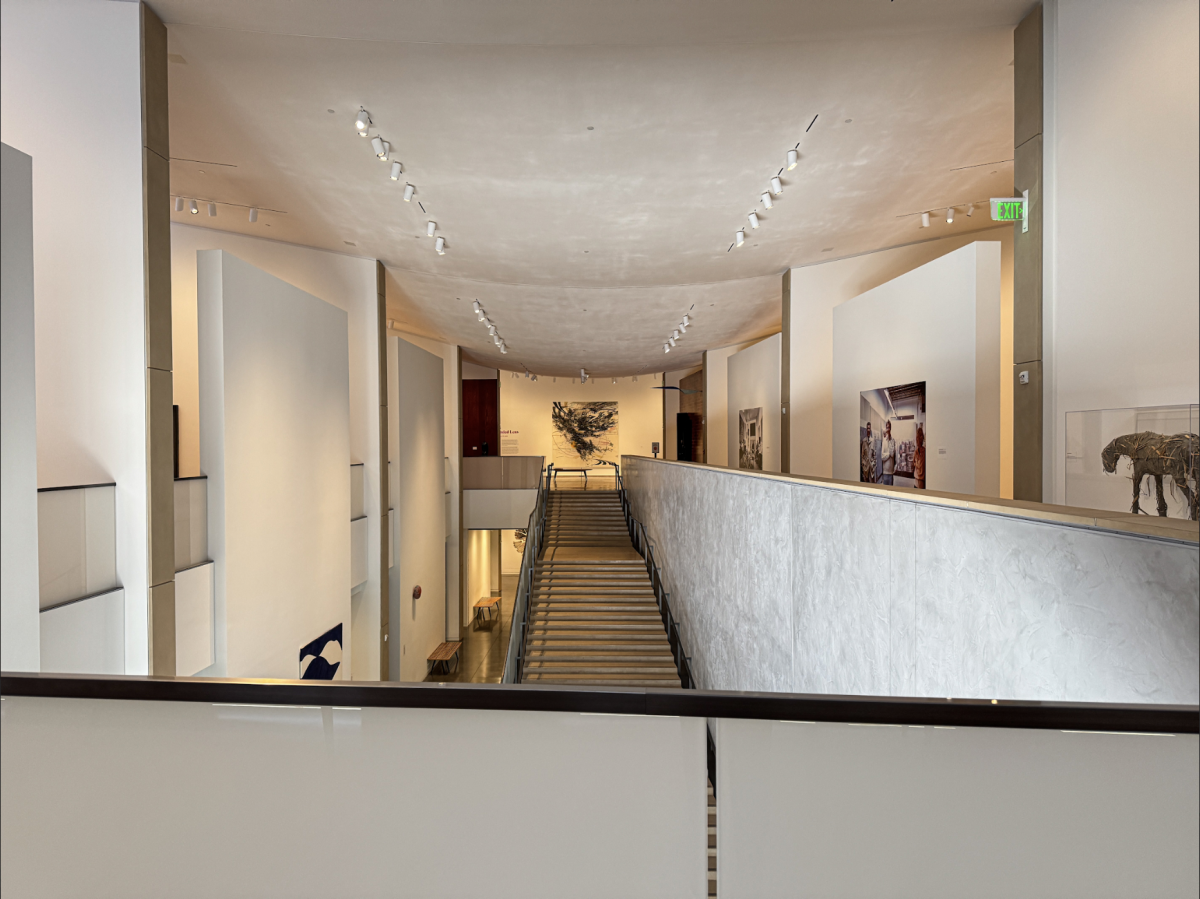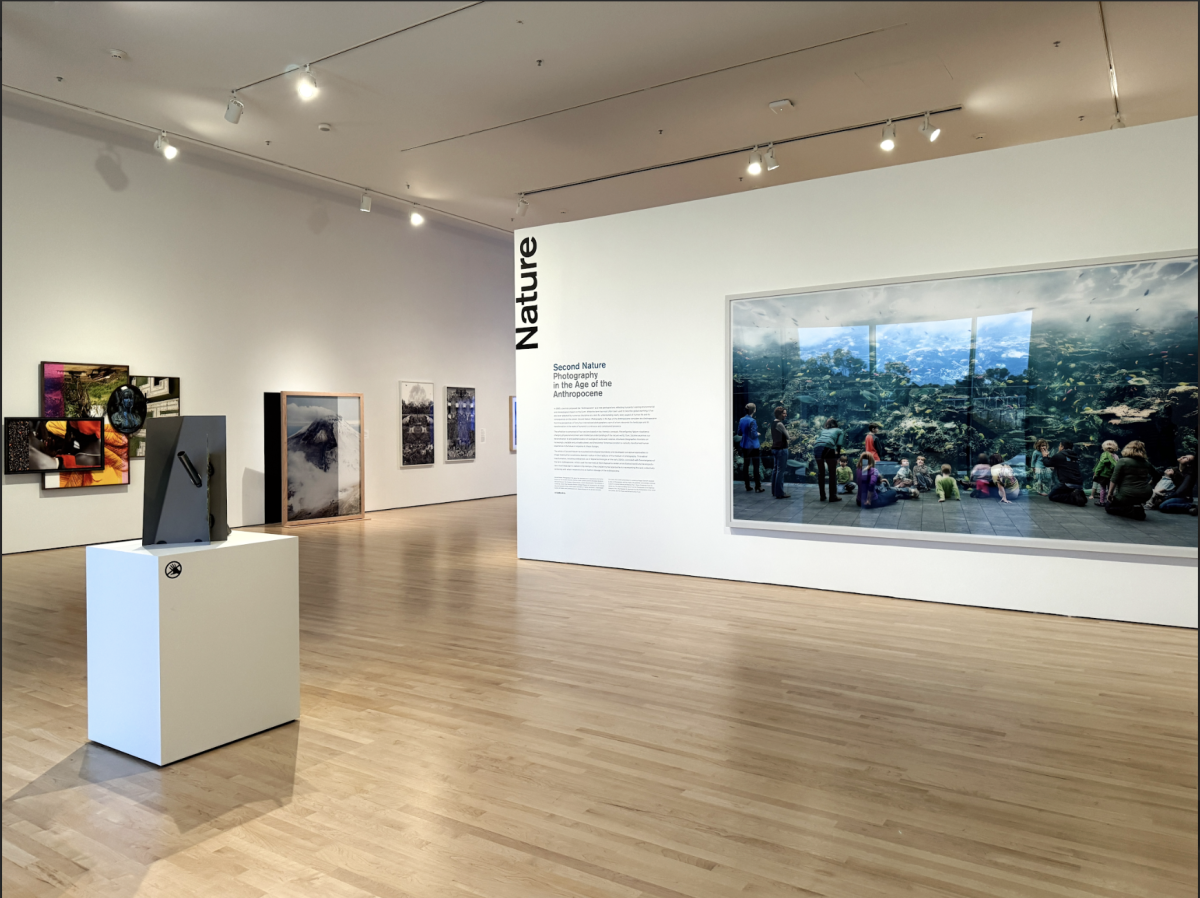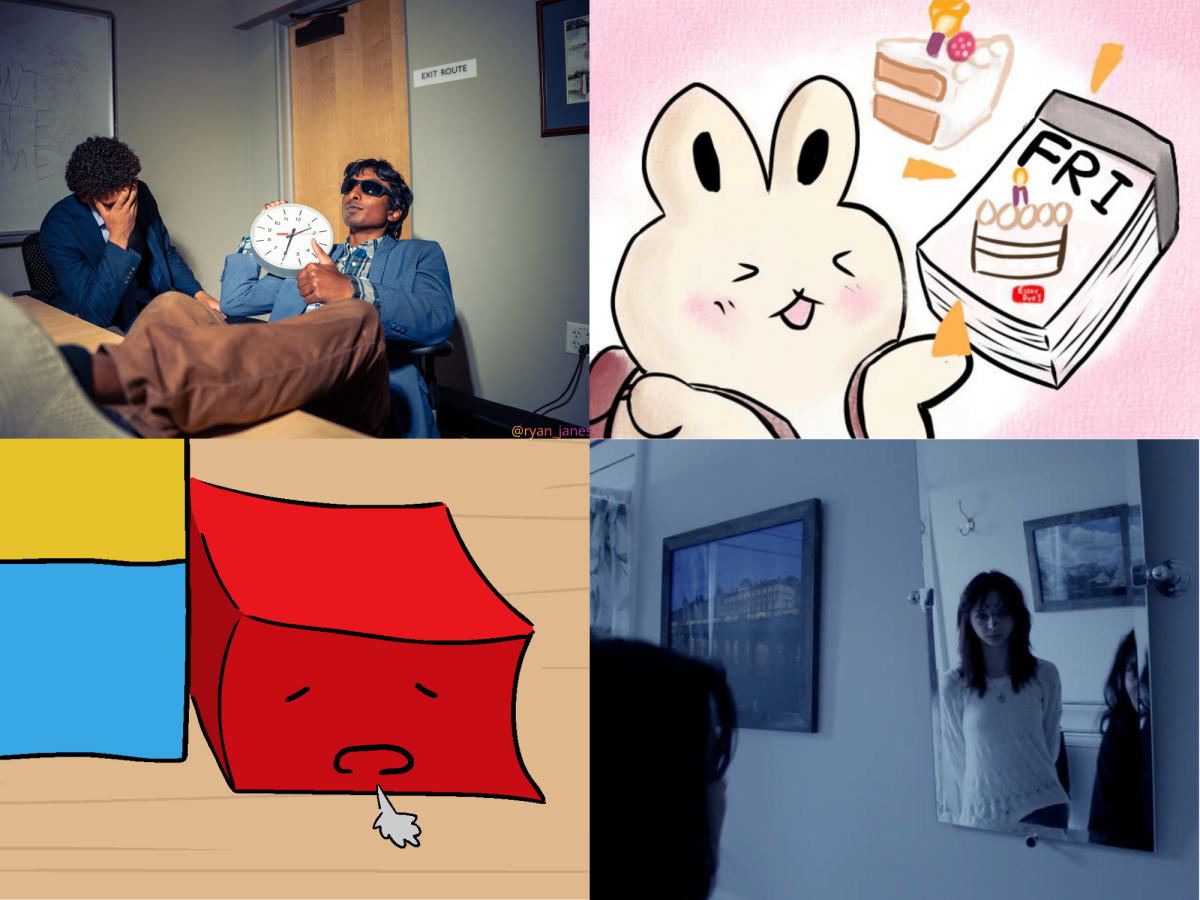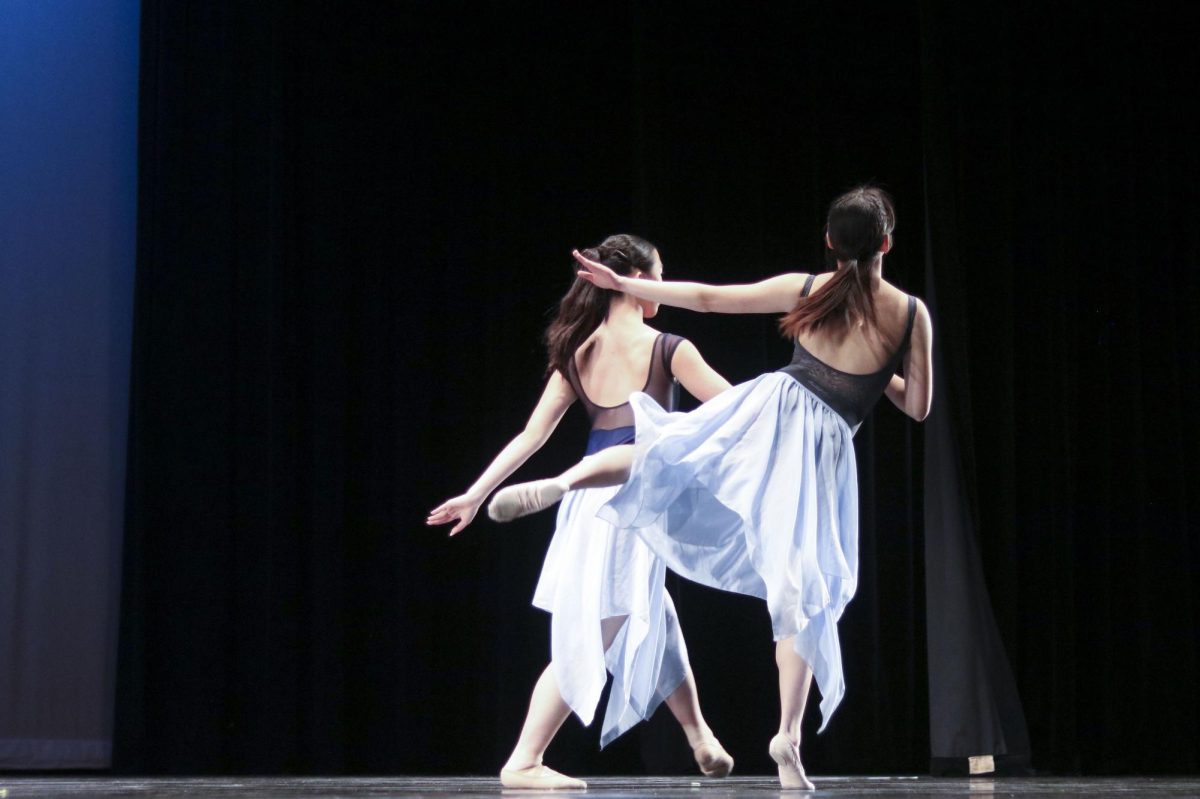★★★★☆
The film-student adage “Oh, that’s such classic Wes Anderson” comes to mind when the credits of Mr. Anderson’s latest venture, “The Grand Budapest Hotel,” roll on screen.
While this film does employ Anderson’s trademark absurdist style, “The Grand Budapest Hotel” delivers something subtly different, deviating from Anderson’s past films in its deeper story and character development.
This bombastic and charmingly humorous hour-and-forty-minute-long adventure screams audacity. But, these screams that would normally come off as screams of caution to those unfamiliar with the director’s quirky style will not deter seasoned Anderson fanatics from enjoying and maybe even falling in love with this flick.
“The Grand Budapest Hotel” takes place in a cemetery as a young girl reads a book in which a hotel patron inquires a former Lobby Boy, Zero Moustafa, about his escapades in the once famous hotel. This story-within-a-story-within-a-story… within-another-story setup speaks to the juxtaposition of Anderson’s silliness with his complexity of vision. From the start of the movie, viewers are left wondering what exactly is going on; and that’s just where Anderson wants them to be.
As the story progresses, details and devices become more and more warped and incredulous. What once started as a recollection of day-by-day proceedings in The Grand Budapest Hotel in the fictitious province of Lutz slowly unravels into a story that spans countries and many miles as the two main characters, Monsieur Gustave, the famous Grand Budapest concierge, and Zero, go on an adventure to clear M. Gustave’s name of murder and theft charges.
Perhaps the strangest and most absurd scene of the movie is when the two protagonists chase a hit man on skis by navigating a sled down a snowy mountain, stopping short of a huge precipice, where they encounter the lead police-man assigned to capture the concierge when he flees from jail. (If reading that confuses you, imagine watching it.)
Absurdity aside, “The Grand Budapest Hotel” brings something new to Anderson’s films that may have been lacking in his past works. This film focuses on the concierge character, not solely for story progression, but also analytically. The former employee calls upon his memories of the concierge, remembering his odd idiosyncrasies and strange taste in cologne. No detail of the concierge’s personality is left un-investigated, which makes his character admittedly strange, but also unusually personal.
Like with most of films in the genre, the story, while complex, is not important. There are a lot of cogs moving in a very complex machine, so trying to understand the story becomes a waste of mental energy.
The true focus of this film is in the beautiful set composition and skillful direction. The color scheme of the movie is always rich and varied, adding a subtle cartoonish feel to the movie. The close-up camera angles and blatant camera panning remind the viewers that they are watching a movie, and yet, something about Anderson’s craft sucks viewers in. His movies always facilitate an escape, something refreshing and uplifting.
The intentional anachronisms are also a welcome part of “The Grand Budapest Hotel,” and they add a comedic genius to the script. Each character exhibits an almost stereotypical 1930’s pep-in-their-step attitude, while also screaming expletives left and right and sometimes switching accents mid-movie. For some reason, the concierge is British, almost everyone has a French accent, and the Lobby Boy, a Tatar refugee, has an American accent.
All in all, “The Grand Budapest Hotel” brings Anderson’s trademarks into play, while also making some experimental deviations into deeper character development. The story is deep and linear, while not very important. The visuals are rich and pleasing, even though nothing makes that much sense. “The Grand Budapest Hotel” offers none of the introspective opportunities that “12 Years a Slave” or “The Iron Lady” provide, but it does give a chance for a nice (and much needed) escape, something that has certainly become undervalued as of late.







